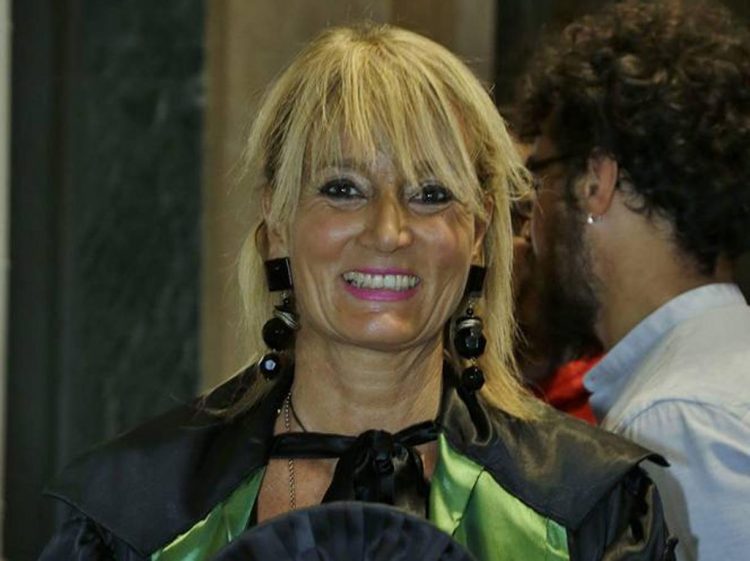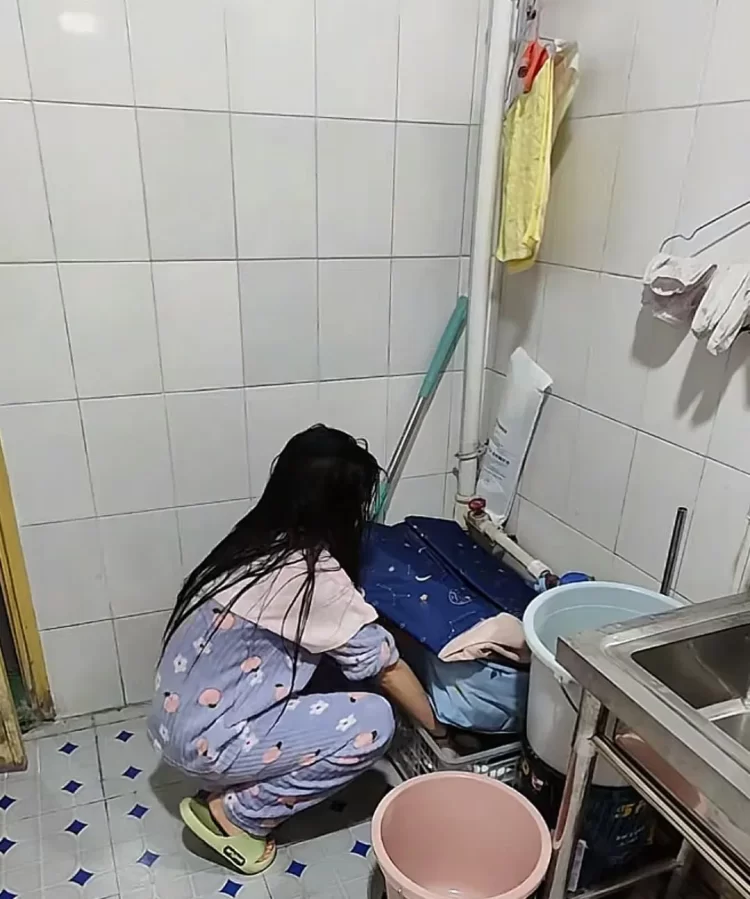An entire Italian family suffer from a strange genetic mutation that makes them almost completely immune to pain. The condition is so rare that scientists have named it ‘The Marsili Syndrome’, after the family.
Letizia Marsili, 52, became aware of her immunity to pain in early childhood when she didn’t experience any particular sensation from burns or fractures. Five other members of her family, spanning at least three generations, also share this rare genetic anomaly that makes impervious to pain situations where an average person would require an anesthetic. The Marsilis have become the focus of researchers hoping to discover how their mutation works, in the hopes of developing new ways to treat pain.

Photo: Letizia Marsili/Facebook
“From day to day we live a very normal life, perhaps better than the rest of the population, because we very rarely get unwell and we hardly feel any pain,” Letizia recently told the BBC. “However, in truth, we do feel pain, the perception of pain, but this only lasts for a few seconds.”
Although on the surface the mutation appears to be a superpower, it can also be dangerous. Pain is an essential signal that something has gone wrong with the body. Since the Marsilis only feel pain for a few seconds, they often leave injuries untreated, leading to avoidable complications. For example, Letizia says that her 24-year-old son Ludovico, who plays football, often gets injured, but just keeps on going, regardless of how serious the injury is.
“He rarely stops, even when he is knocked down, but he has problems with the ankle joint, and he often gets microtraumas. He recently received x-rays of the joints, which showed that he has many microcracks in the ankle,” 52-year-old Letizia said.
Her youngest son, 21-year-old Bernardo, fractured his elbow joint after falling from a bicycle, but he didn’t even notice. After the fall, he simply got up and cycled a further 14 kilometers like nothing had happened. Doctors only discovered the trauma when his bone began to heal.
Letizia herself has had difficulties acknowledging serious injuries. One time, she fractured her right shoulder while skiing, but continued to ski all afternoon. She only went to the hospital the next morning, because her fingers were tingling. Her sister, Maria Elena, often damages the top of her mouth, because she burns herself with hot drinks.
Despite all of these issues, Letizia has expressed her relief that she doesn’t have to experience pain as everyone else does. In fact, when asked if they would like to normally sense pain, the family all said “no”.
James Cox of University College London said that the Marsilis family have “all the nerves in place,” but they do not function as they should.
“We are trying to understand why they do not feel pain, and if we understand this, we will be able to find out if this discovery will help find a new means of anesthesia,” Cox told the BBC.
After genetic mapping the family, the researchers have isolated the variant shared by the Marsili’; a gene called ZFHX2. They then conducted two tests on mice and determined that the mice that were grown with a similar genetic mutation were also oblivious to pain. The researchers intend to continue experimenting to isolate other genes that might be causing the Marsili syndrome.
“We are on the way to opening a new way of treating pain syndrome,” said Anna Maria Aloizi, a professor at the University of Siena in Italy. “With more research to understand exactly how the mutation impacts pain sensitivity, and to see what other genes might be involved, we could identify novel targets for drug development.”
The findings of a study involving the Marsili family and their superpower-like genetic mutation can be found here.






